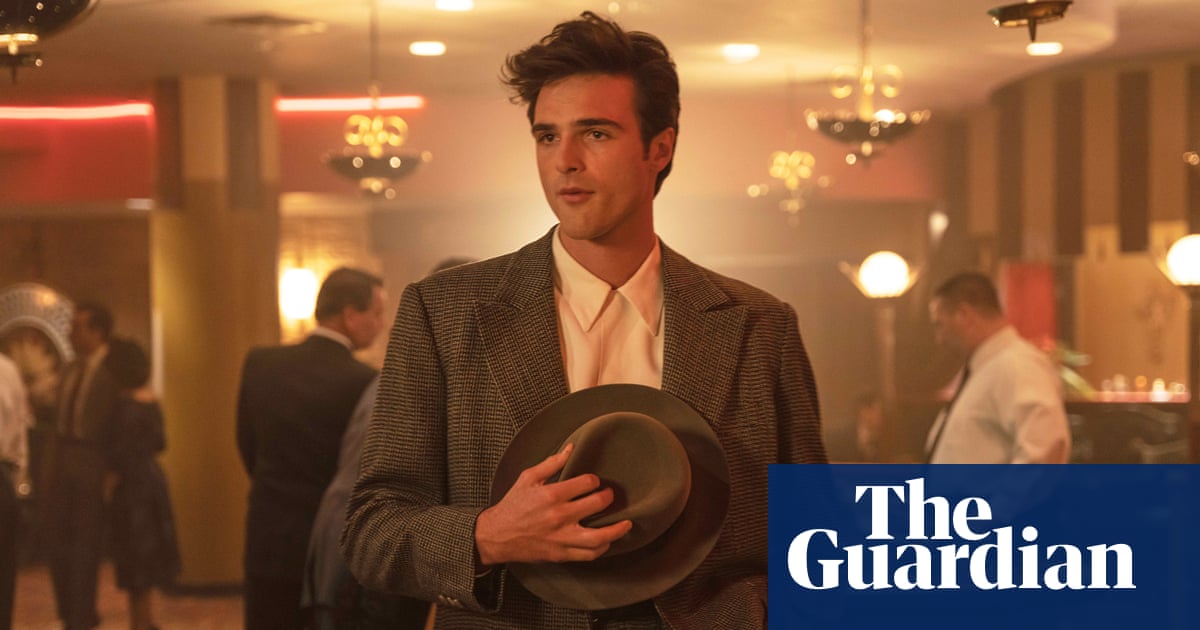Kharmel Cochrane, the casting director of Emerald Fennell’s adaptation of Emily Brontë’sWuthering Heightshas defended the choice of Margot Robbie and Jacob Elordi for the leading roles.
Speaking at the Sands film festival in Scotland, Cochrane responded to criticism of both actors’ ages and Elordi’s ethnicity by saying there was “no need to be accurate” as the source material is “just a book”,Deadline reported.
Brontë’s novel is set in the late 1700s in rural Yorkshire and depicts the passionate relationship between Catherine Earnshaw and Heathcliff, an orphan fostered by her father, who is described in the book as having dark hair, dark eyes and dark skin. Many believe the character is meant to hail from a Romany or Gypsy background, which accounts for much of the prejudice against him.
Most big and small screen adaptations of the novel have ignored this, with the character having been played by actors including Ralph Fiennes, Tom Hardy and Timothy Dalton. However,Andrea Arnold’s 2011 adaptationdid cast a mixed race actor, James Howson, in the role.
Both Howson and his co-star, Kaya Scodelario, were also a similar age to the characters in the novel, who are in their early 20s for much of the story. Robbie is 34, while Elordi – who also hails from Australia – is 27.
“There was one Instagram comment that said the casting director should be shot,” said Cochrane. “But just wait till you see it, and then you can decide whether you want to shoot me or not. But you really don’t need to be accurate. It’s just a book. That is not based on real life. It’s all art.”
She continued: “There’s definitely going to be some English Lit fans that are not going to be happy. Wait until you see the set design, because that is even more shocking. And there may or may not be a dog collar in it.”
Her response also met with online comebacks. “So they saw the whitewashing backlash and proceeded to ignore it,” wrote one user on X. Another flagged Wuthering Heights’ engagement with contemporary issues. “A classic book that famously talks about class politics, racism & the patriarchal system of the time.”
Elordi starred in Fennell’s irreverent black comedy Saltburn, released in 2023, loosely inspired by Evelyn Waugh’s Brideshead Revisited. The director won an Oscar in 2021 for the screenplay of her debut film,Promising Young Woman.
Robbie starred in and produced Barbie, the biggest film of 2023. Leaked photographs of her on set of Fennell’s film in an anachronistic wedding dress attracted ire earlier this year.
